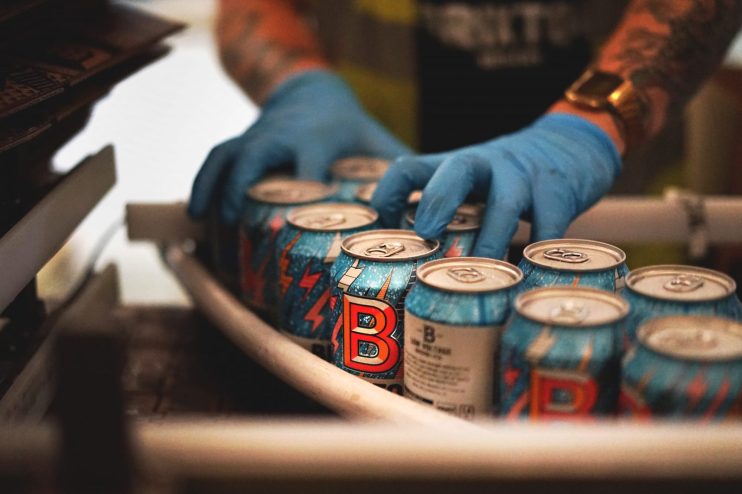Craft beer concerns: Carbon dioxide shortages threaten breweries

Craft beer breweries fear their production may be thrown into chaos by shortages of carbon dioxide.
While bigger drinks producers have been able to access CO2 recovery plants, smaller breweries said they were reliant on the main suppliers.
One London brewery said it could be forced to halt production if suppliers were forced to prioritise food production.
Operations at two fertiliser factories in northern England were shut last week due to soaring natural gas prices, causing alarm among food and drink bosses.
Co-founder of Brixton Brewery, Jez Galaun, told CityA.M: “It’s the last thing we need. Things have not become critical yet but it sounds like unless we make contingency plans, it could mean we can’t package our beers.
“We would be back to where we were in the pandemic, not being able to deliver to pubs and with implications for cash flow.”
The brewery is worried it will be forced to halt production as it did during international carbon dioxide shortages in 2018.
Pubs and breweries have struggled to stay afloat amid the pandemic and Galuan said the shortages were “another headache” the sector would do well without.
The Society of Independent Brewers (SIBA), representing small breweries, said shortages were an “additional worry” for an increasing number of brewers making keg, bottled and canned beer.
“Two thirds of the beer that small independent brewers produce is sold as cask beer, which has a naturally occurring carbonation and does not rely on added CO2, but as more and more brewers have shifted production to bottled and canned beer to capitalise on drink-at-home sales during Covid the impact could be greater than in the past,” James Calder, SIBA chief executive said.
“The shortage comes as an additional and unwelcome challenge for small brewers trying to recover from the impacts of the Covid-19 pandemic.”
Kent-based pub operator and brewer Shepherd Neame said its brewery was temporarily running with slightly lower than normal tocks of CO2.
Head brewer Mike Unsworth said: “Production has not been disrupted and we are operating at full capacity, but our team is taking all possible steps to conserve CO2 at this time.”
Supermarket bosses have also warned of the implications of shortages as the gas is used widely across food production and distribution operations.
Two thirds of the CO2 volume that normally supplies the food and drink industry is now not available following the suspension of manufacturing by key producers, according to the Food and Drink Federation (FDF).
“While there is no danger of us running out of food or drink, we will see the impact of this on UK shop shelves and in hospitality very soon. Sudden and unpredictable changes to availability are very likely,” Ian Wright CBE, FDF boss, said.